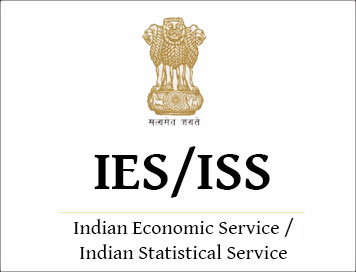
Indian Statistical Service Exam
Syllabus
STATISTICS-I
1. Probaility: Elements of measure theory,
Classical definitions and axiomatic approach. Sample space. Class of events and
Probability measure. Laws of total and compound probability. Probability of m
events out of n. Conditional probability, Bayes’ theorem. Random variables -
discrete and continuous. Distribution function. Standard probability
distributions - Bernoulli, uniform, binomial, Poisson, geometric, rectangular,
exponential, normal, Cauchy, hypergeometric, multinomial, Laplace, negative
binomial, beta, gamma, lognormal and compound. Poisson distribution. Joint
distributions, conditional distributions, Distributions of functions of random
variables. Convergence in distribution, in probability, with probability one and
in mean square. Moments and cumulants. Mathematical expectation and conditional
expectation. Characteristic function and moment and probability generating
functions Inversion uniqueness and continuity theorems. Borel 0-1 law:
Kolmogorov’s 0-1 law. Tchebycheff’s and Kolmogorov’s inequalities. Laws of large
numbers and central limit theorems for independent variables. Conditional
expectation and Martingales.




